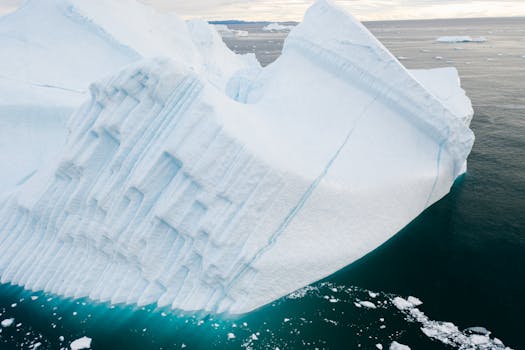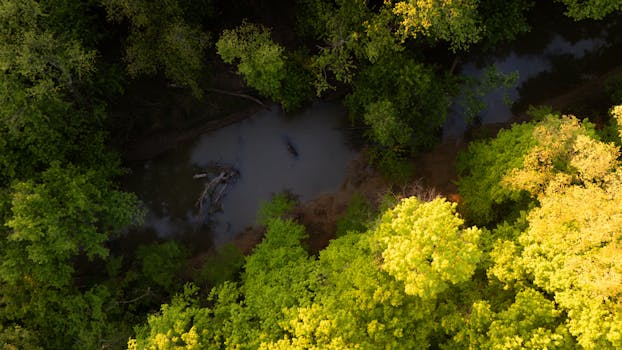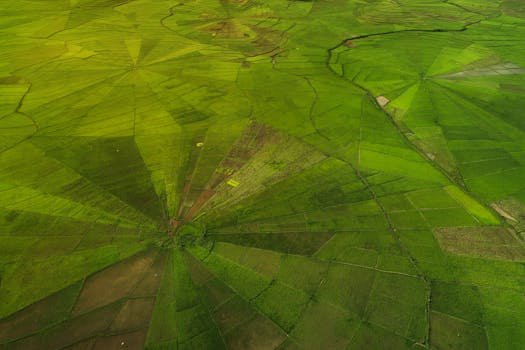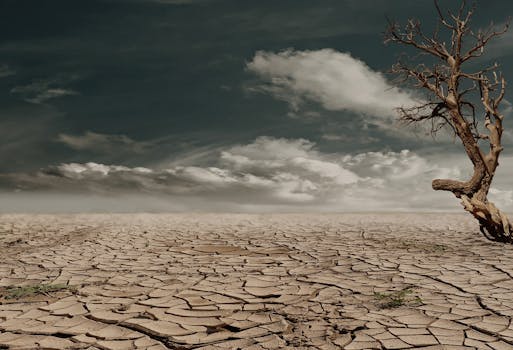
The Impact of Climate Change on Global Ecosystems
Introduction to Climate Change

The impact of climate change on global ecosystems is a pressing concern. Climate change, also known as global warming, refers to the long-term rise in the average surface temperature of the Earth due to the increasing levels of greenhouse gases in the atmosphere. These gases, such as carbon dioxide and methane, trap heat from the sun and prevent it from being released back into space, leading to a warming effect on the planet.
Climate change is having a profound impact on global ecosystems, from rising temperatures to sea-level rise, and altered ecosystems. The consequences of climate change are far-reaching and can have devastating effects on the environment, human health, and the economy.
Causes of Climate Change

The main cause of climate change is the increase in greenhouse gases in the Earth’s atmosphere. These gases are released through human activities such as burning fossil fuels, deforestation, and land-use changes. The main greenhouse gases responsible for climate change are:
- Carbon dioxide (CO2): Released through the burning of fossil fuels such as coal, oil, and gas, as well as through deforestation and land-use changes.
- Methane (CH4): Released through agriculture, natural gas production and transport, and landfills.
- Nitrous oxide (N2O): Released through agriculture, industrial processes, and the burning of fossil fuels.
- Fluorinated gases (F-gases): Released through the production and use of products such as air conditioning and refrigeration systems.
Other factors that contribute to climate change include population growth, consumption patterns, and technology.
Impacts of Climate Change on Global Ecosystems

Climate change is having a significant impact on global ecosystems, including:
- Rising sea levels: Melting of glaciers and ice sheets, and the expansion of seawater as it warms, is causing sea levels to rise, leading to coastal erosion and flooding.
- Changes in precipitation patterns: Climate change is altering the patterns of rainfall and snowfall around the world, leading to droughts in some areas and floods in others.
- Increased frequency and severity of extreme weather events: Climate change is leading to an increase in the frequency and severity of heatwaves, storms, and other extreme weather events.
- Loss of biodiversity: Climate change is altering the habitats and ecosystems of many plants and animals, leading to a loss of biodiversity.
- Water scarcity: Climate change is altering the patterns of rainfall and snowfall, leading to water scarcity in some areas.
Conclusion

In conclusion, the impact of climate change on global ecosystems is a pressing concern. Climate change is having a profound impact on the environment, human health, and the economy, and it is essential that we take action to reduce our greenhouse gas emissions and mitigate the effects of climate change. This can be achieved through a range of strategies, including transitioning to renewable energy sources, increasing energy efficiency, and protecting and restoring natural ecosystems.




